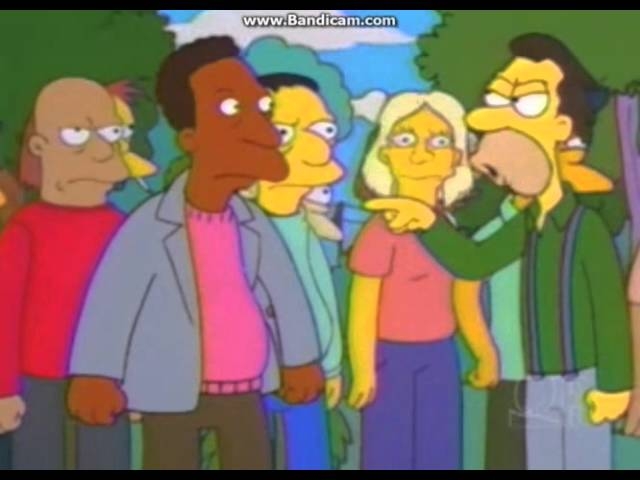R.I.P. Stephen Hawking

The Guardian is reporting that theoretical physicist Stephen Hawking, by almost any measure one of the most famous, respected, and successful scientists of the 20th and 21st centuries, and an enduring figure in the modern pop culture landscape, has died. His family issued a statement tonight confirming Hawking’s death at the age of 76, writing, “We are deeply saddened that our beloved father passed away today. He was a great scientist and an extraordinary man whose work and legacy will live on for many years. His courage and persistence with his brilliance and humour inspired people across the world. He once said, ‘It would not be much of a universe if it wasn’t home to the people you love.’ We will miss him for ever.”
Perhaps the only man of his era capable of first launching a book of cosmology onto the bestseller list of The London Times, and then keeping it up there for a record-setting five-plus years, Hawking has taken on a near-mythological role in the modern mind, a towering genius whose mental prowess contrasted, inescapably, with his physical conditions—namely, the motor neuron disease that left him confined to a wheelchair for most of his adult life, communicating through a mouth-operated speech device whose robotic cadences became a key part of his public persona. Like (we have to assume) so many of the people who knew his name, his face, and his computer-assisted voice, we never successfully made our way through the entirety of A Brief History Of Time, or any of its sequels (trusting, perhaps, that some other expert would tell us if Hawking had actually gotten something wrong). But we knew him, because he invited us to, maintaining a lively flirtation with the worlds of television and film that combined his natural wit, the appeal of his raw, unknowable intelligence, and just a hint of marketing genius to create an irresistible public profile.
If we were being honest with ourselves, though, we could probably replace the entire preceding paragraph with the above clip of Hawking’s appearance on The Simpsons, which might have done more to cement his reputation as the modern world’s wittiest man of letters than any other 2 minutes of TV imaginable. We might not remember any lines Hawking ever wrote about the Big Bang, but “I wanted to see your utopia, but now I see that it’s more of a Fruitopia” will endure in our brains forever. (Not to mention his terse demand that Seymour Skinner back the fuck off when he tries talking over him.) Hawking’s williness to toy with his own image—and even reveal himself as a comically immature jerk, which he also did on a later appearance on Futurama—was a key part of his appeal; despite being dealt a hand that would have devastated most people (and which he struggled with frequently in his younger days) he presented a public temperament utterly disinterested in wasting time on pity or remorse.
 Keep scrolling for more great stories.
Keep scrolling for more great stories.
